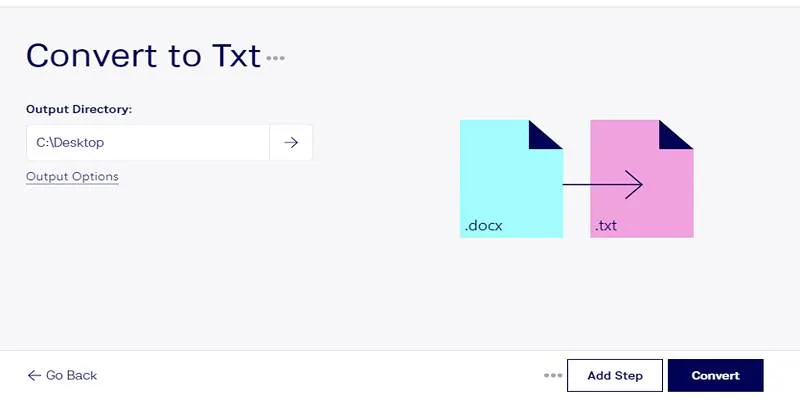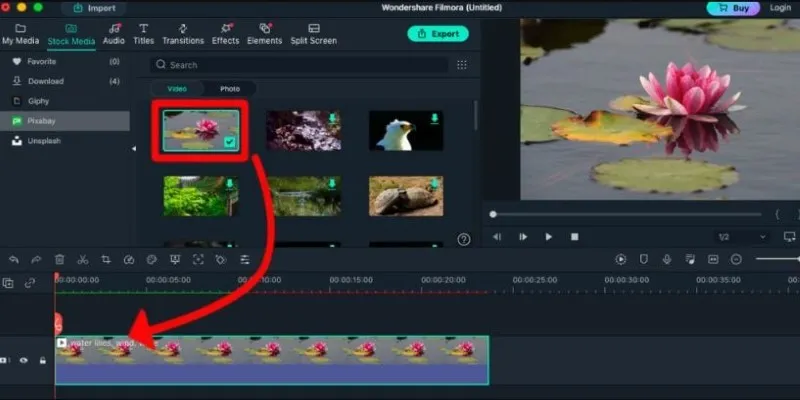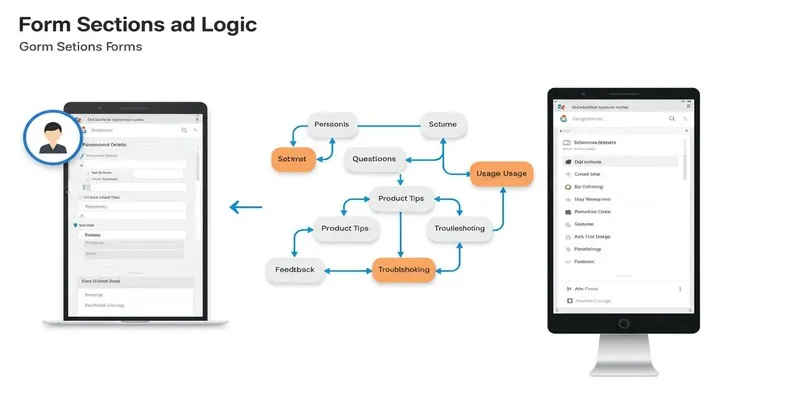Discover the Top Free Engineering Unit Converters Available Online
As an expert, precision is crucial, especially when converting measurements in tasks such as building a bridge, creating an electrical circuit, or analyzing thermodynamic systems. Engineers across various fields, from mechanical to civil and electrical to chemical, handle a wide array of units daily. This is where free online unit converters become invaluable tools.
These converters provide fast, reliable, and convenient solutions that eliminate guesswork and save time in complex engineering calculations. This guide introduces the best free unit converters available online for engineers, tailored to meet the specific needs of professionals and students across multiple engineering disciplines.
Why Unit Converters Matter in Engineering
In engineering, maintaining unit consistency is vital. Engineers often work with both metric and imperial systems and may need to convert values like pressure (psi to Pa), energy (Joules to calories), or temperature (Celsius to Kelvin). Even a minor conversion error can lead to significant miscalculations, resulting in costly mistakes or safety risks in real-world applications.
Online unit converters mitigate these risks by offering accurate, consistent, and quick conversions. These tools are particularly useful during:
- Product design
- Technical analysis
- Report creation
- Research projects
- Lab testing and prototyping
Instead of relying on printed tables or manual formulas, engineers can use online platforms that provide instant results.
Key Features to Look For
Not all unit converters are equal. Engineers who regularly use these tools should look for specific features that make a significant difference. A high- quality online unit converter should offer the following:
- A wide range of engineering-specific units
- A user-friendly interface
- No login or download requirements
- Mobile-friendly access
- Scientific notations and unit definitions
The tools listed below have been selected based on their functionality, usability, and relevance to engineering work.
UnitConverters.net

UnitConverters.net is a popular online tool for unit conversions in technical fields. Its extensive range of categories makes it suitable for various engineering applications.
Highlights:
- Covers over 50 unit categories, including force, energy, pressure, power, and velocity
- Simple layout with dropdowns and input boxes
- Provides conversion formulas below the results
- No ads or distractions
This tool is ideal for engineers who require quick, straightforward conversions without complex navigation.
Engineering Toolbox – Unit Converters
EngineeringToolbox.com is favored by mechanical, civil, and HVAC engineers. Beyond standard conversions, it provides contextual data, formulas, and charts that engineers find helpful.
Highlights:
- Specialized categories for flow rates, heat transfer, torque, and more
- Includes diagrams, reference tables, and downloadable PDFs
- Conversions available in SI and imperial units
- Supports real-world engineering applications
This platform is especially beneficial when conversions are part of a larger technical calculation or report.
RapidTables – Conversion Calculators
RapidTables.com offers a clean and practical interface for basic and advanced conversions, particularly for electrical and electronics engineers.
Highlights:
- Dedicated converters for voltage, resistance, power, frequency, and capacitance
- Includes helpful reference equations
- No account is required to use the tools
- Works well on both desktop and mobile browsers
Engineers working in automation, signal processing, or circuit design may find RapidTables to be a valuable resource.
ConvertUnits.com
ConvertUnits.com provides general-purpose conversion tools with a strong focus on technical units relevant to engineers.
Highlights:
- Supports energy, pressure, acceleration, torque, and more
- Includes time zone and data storage converters as extras
- Offers definitions and background information for each unit
- Allows users to search by typing in natural language (e.g., “10 kW to HP”)
Its versatility makes it suitable for engineers who work across various domains and deal with both technical and general units.
CalculatorSoup – Engineering Unit Conversions
CalculatorSoup offers a range of unit converters backed by clearly explained formulas. It’s a useful tool for both students and professionals.
Highlights:
- Converts speed, mass, energy, force, and density
- Minimal ad presence
- Easy to use, even for beginners
This platform is great for those who not only want fast conversions but also wish to understand the underlying math.
WolframAlpha
Although known more for its computational abilities, WolframAlpha also includes unit conversion features that are highly beneficial to engineers.
Highlights:
- Accepts natural language inputs like “convert 250 Nm to lb-ft”
- Supports advanced calculations involving units
- Offers step-by-step explanations in the Pro version
Engineers who regularly deal with complex equations and variable units will appreciate WolframAlpha’s precision and depth.
Omni Calculator – Engineering Tools

Omni Calculator hosts over 3000 calculators, with a significant portion dedicated to engineering and science.
Highlights:
- Unit converters for everything from kinematic viscosity to voltage drop
- Visual explanations with diagrams for some calculators
- Mobile and desktop-friendly
- Offers converters for niche engineering topics like soil pressure and thermodynamics
For multidisciplinary engineers or students preparing technical papers, this platform offers variety and clarity.
Bonus Resource: NIST Reference on Units
While not a conventional conversion tool, the National Institute of Standards and Technology (NIST) provides a trustworthy reference for SI units, constants, and uncertainties.
Highlights:
- Authoritative data on all SI units
- Includes scientific constants and their applications
- Excellent for research and standardization work
- Completely ad-free and open-access
Engineers working on scientific instrumentation, calibration, or research- driven projects will find this reference invaluable.
Practical Uses in Different Engineering Fields
Each engineering branch benefits from unit converters in unique ways:
Mechanical Engineering
- Torque, stress, pressure, and energy calculations
- Converting between metric and imperial parts
Civil Engineering
- Structural loads, volume of materials, and environmental measurements
- Useful during blueprint readings and field inspections
Electrical Engineering
- Voltage, resistance, and current conversions
- Supporting circuit simulations and hardware specifications
Chemical Engineering
- Mass flow, concentration, and thermal energy conversions
- Ideal for lab experiments and chemical process design
One common factor across all these fields is the importance of accurate, fast conversions in day-to-day work.
Conclusion
Free online unit converters are indispensable in modern engineering. They facilitate fast-paced environments where accuracy is non-negotiable. Whether designing, testing, or analyzing, these tools simplify complex tasks, allowing engineers to focus on solving real-world problems. From straightforward platforms like UnitConverters.net to powerful tools like WolframAlpha, each offers unique advantages. Engineers across all disciplines can benefit from incorporating one or more of these resources into their daily work.
On this page
Why Unit Converters Matter in Engineering Key Features to Look For UnitConverters.net Engineering Toolbox – Unit Converters RapidTables – Conversion Calculators ConvertUnits.com CalculatorSoup – Engineering Unit Conversions WolframAlpha Omni Calculator – Engineering Tools Bonus Resource: NIST Reference on Units Practical Uses in Different Engineering Fields ConclusionRelated Articles

PowerPoint Image Compression: Reduce File Size Without Sacrificing Clarity

Convert DOCX to TXT Files in Batches Online with No Downloads

Transform Your Workflow with 5 Free Tools: Boost Productivity

JSON to CSV Conversion Made Easy: Tools Every Analyst Should Try

Choosing the Best Accounting Software for Small Business: A Complete Guide

Exploring The 5 Best Canva Alternatives for Creative Projects

The 6 Best Construction Management Software Options to Streamline Your Projects

Airtable vs. Notion: Which App Should You Choose for Your Workflow

How to Use Variables in Google Docs for Smarter Document Automation: A Guide

Convert MXF Files Without Quality Loss: 5 Tools for Mac

Perfect Your Video Framing: A Guide to Cropping in Filmora

A Comprehensive Guide to Create Form Sections and Logic in Google Forms
Popular Articles

Explore the Best Torrent Players for Smooth Video Streaming

How to add an email signature in Outlook: A Step-by-Step Guide

Top 7 Methods for Effortless MP4 to MOV Conversion

Google Chat vs. Slack: Which Collaboration Tool Suits Your Business Best

How to Add Music to a Picture Slideshow Without Complicated Tools

The Ultimate Guide to Blurring Your Background on Zoom

Struggling to Upload Videos to Instagram? Try These 5 Quick Fixes

The Best Enterprise Project Management Software in 2025 to Keep Everything on Track

The 5 Best Hootsuite Alternatives in 2025 for Easier Social Media Management

The 8 Best Content Marketing Tools in 2025 to Elevate Your Strategy

Cropping Videos in QuickTime: Step-by-Step Guide and Alternatives

 mww2
mww2